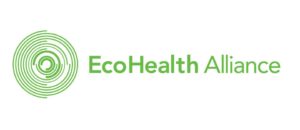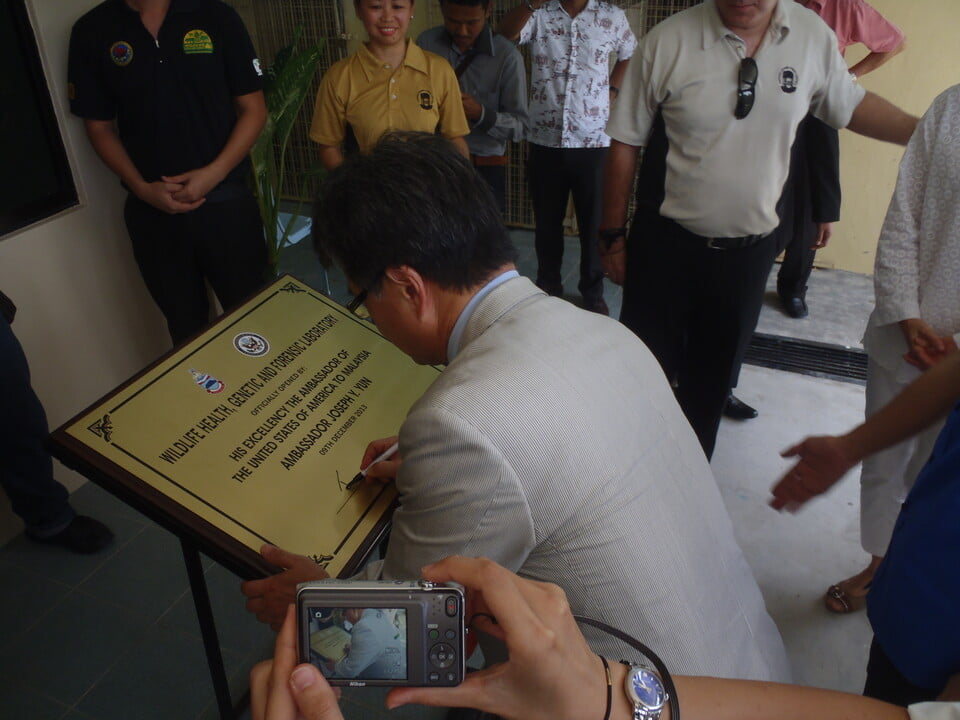Infectious Disease Emergence and Economics of Altered Landscapes (IDEEAL)
About
Organisations: EcoHealth Alliance, Sabah Wildlife Department, Danau Girang Field Centre & Universiti Malaysia Sabah
Sponsor: United States Agency for International Development (USAID)
Status: Completed
Land-use change is a significant driver of emerging infectious diseases. Over 60 percent of emerging infectious diseases over the past six decades, including SARS, H1N1/Swine Flu, and HIV-AIDS have originated in animals, with nearly half of these linked to changes in land use. Forest degradation resulting from agricultural intensification and other human activities accounts for about 15 percent of greenhouse gas emissions – roughly equivalent to the emissions generated by the entire global transportation sector. The key to reducing the threat from diseases with pandemic potential and slowing global climate change is to more accurately account for the value of ecosystems and base land-use choices on real benefits and costs.
The four main goals of the Infectious Disease Emergence and Economics of Altered Landscapes (IDEEAL) project were to:
- Build economic models of land-use change and disease emergence that local and regional decision-makers can use;
- Describe the relationship between disease emergence, land-use change, and human behaviour, and quantify an ecosystem’s disease-regulating value;
- Build toolkits and establish a centre of excellence to develop and promote best practices, research, and reduced-impact land use guidance; and
- Engage private companies and educate and empower civil society stakeholders to work together for a healthy and sustainable future.
The four main goals of the IDEEAL project were to:
- Build economic models of land-use change and disease emergence that local and regional decision-makers can use;
- Describe the relationship between disease emergence, land-use change, and human behaviour, and quantify an ecosystem’s disease-regulating value;
- Build toolkits and establish a centre of excellence to develop and promote best practices, research, and reduced-impact land use guidance; and
- Engage private companies and educate and empower civil society stakeholders to work together for a healthy and sustainable future.
Since 2011, DGFC has been actively collaborating with EcoHealth Alliance (EHA), and several training courses on zoonotic pathogens (organised by EHA) have been attended by staff from DGFC.


